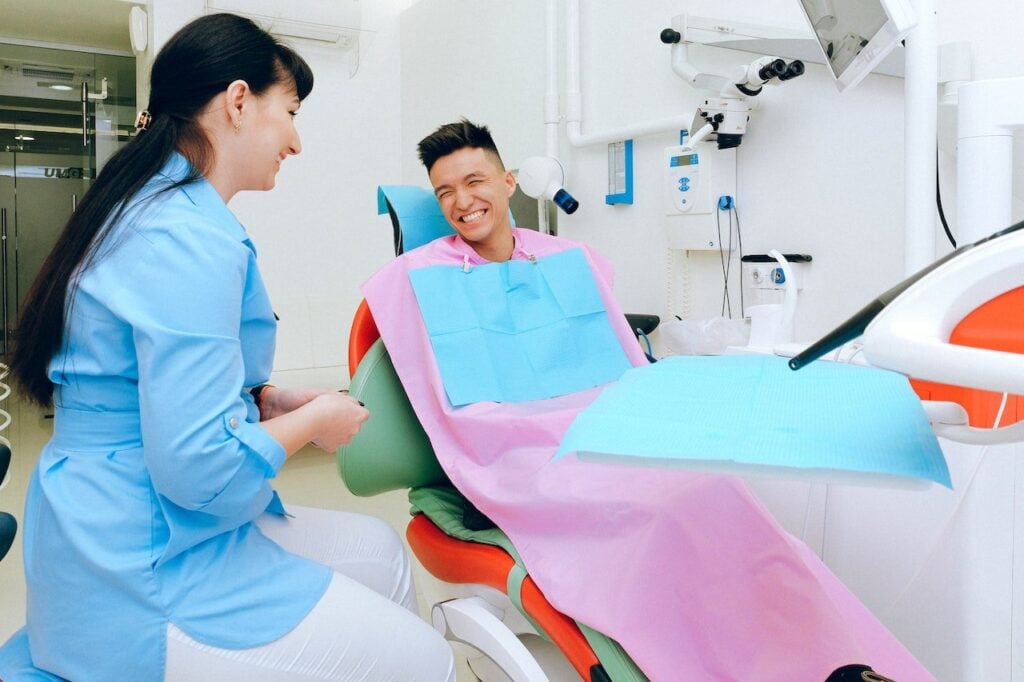
Last Updated On: May 29, 2024
For a successful career in the healthcare industry, you should have extra skills that will add five stars to your degree or work experience. Healthcare employers are looking at more than just the clinical skills on your resume. You should also work on enhancing your “soft skills.” These are often referred to as “personality skills.” These are the character traits you use to affect and improve your communication with patients, peers, and co-workers.
Your soft skills can impact your career chances, job performance, and other aspects of your work life. Soft skills are often sought by employers besides your credentials. Your soft skills will likely be more helpful in your professional advancement over time in the medical field.
Healthcare assistants must be compassionate as they are required to often work in stressful settings. You need a variety of abilities and character traits to succeed in this field. Below we have discussed ten essential soft skills for frontline healthcare workers:
It’s crucial to be able to empathize with patients. Compassion is often identified as a crucial component of successful, therapeutic consultations.
Communication is at the heart of all professions. It is especially crucial for those who work as healthcare assistants. Besides speaking with co-workers, healthcare assistants often need to communicate with patients and their families. Hence, to give the right care to the patient, it’s vital to have strong communication skills.
A willingness to operate as a team is an essential quality in healthcare professionals. With numerous people contributing to patient care, many healthcare professionals have to work in teams. This will benefit the patient.
Teamwork is extremely important for frontline healthcare workers. In a cardiac emergency, you might need an extra set of hands to perform CPR or give mouth-to-mouth resuscitation. Hence, for effective CPR, you must work in sync with your team. When you learn CPR from the American CPR Care Association, you get acquainted with these skills and handle cardiac emergencies with proper knowledge.
Healthcare assistants must develop a strong work ethic. This field requires them to work for hours that go beyond the typical 9 to 5 job. The healthcare industry is demanding. The time gets extended. Your job could stagnate if you lack the motivation to advance in your career.
Healthcare workers who lack effective stress-management skills are at a high risk of burnout. It’s crucial for healthcare professionals to know how to manage their stress. They must take time away from their demanding occupations to prevent burnout.
Time management is an essential skill in every profession and line of work. It’s more crucial for healthcare assistants because people’s lives practically depend on them. At work, you’ll be pushed to do a lot of tasks in different directions. You must know how to prioritize and sort out the most urgent issues.
For healthcare providers, soft skills like having a positive attitude are very important. They must have a positive outlook due to the demands of the job. You might easily become exhausted by the harsh reality of health care. It can result in stress and other unfavorable effects.
As a healthcare assistant, you must be adaptive. You should be able to handle new, diverse, or changing circumstances along with managing your schedule. Every day you’ll be dealing with different issues. You might end up having trouble in your work if you can’t readily break out of a pattern or routine.
Confidence directly influences your performance as a healthcare assistant. Your ability to interact with patients effectively depends on your sense of competence. It can lead to higher ratings on post-treatment patient evaluations.
However good your training was, you still don’t know everything. You can handle criticism and implement change when necessary if you have a receptive attitude.
Having a collaborative mindset facilitates the development of efficient team-based healthcare. You must value cooperation as a key value. Every member of the clinical team performs better with interdependence. This strategy may alter how you communicate with a team in clinical settings. This directly impacts the environment of healthcare.
It’s crucial to first evaluate your current skill set before determining whether you own the necessary soft skills for the healthcare industry or not. For example, you might be a terrific communicator. But your time management skills might have a scope for improvement. In this field, taking a CPR/AED and First Aid training course from American CPR Care Association will not only teach you technical skills but also strengthen your soft skills. Register now on our website or get in touch with us at 1-888-808-9109.